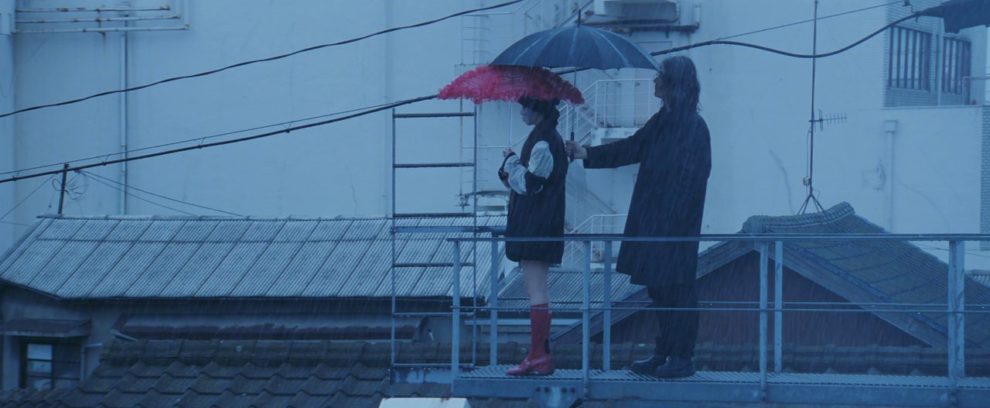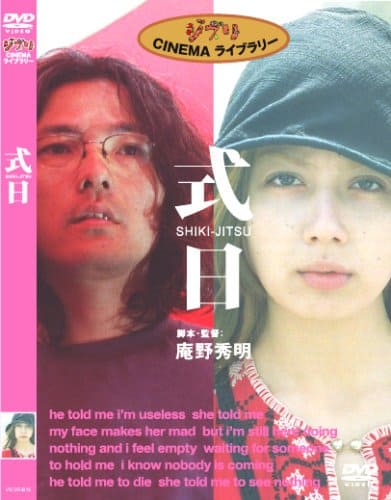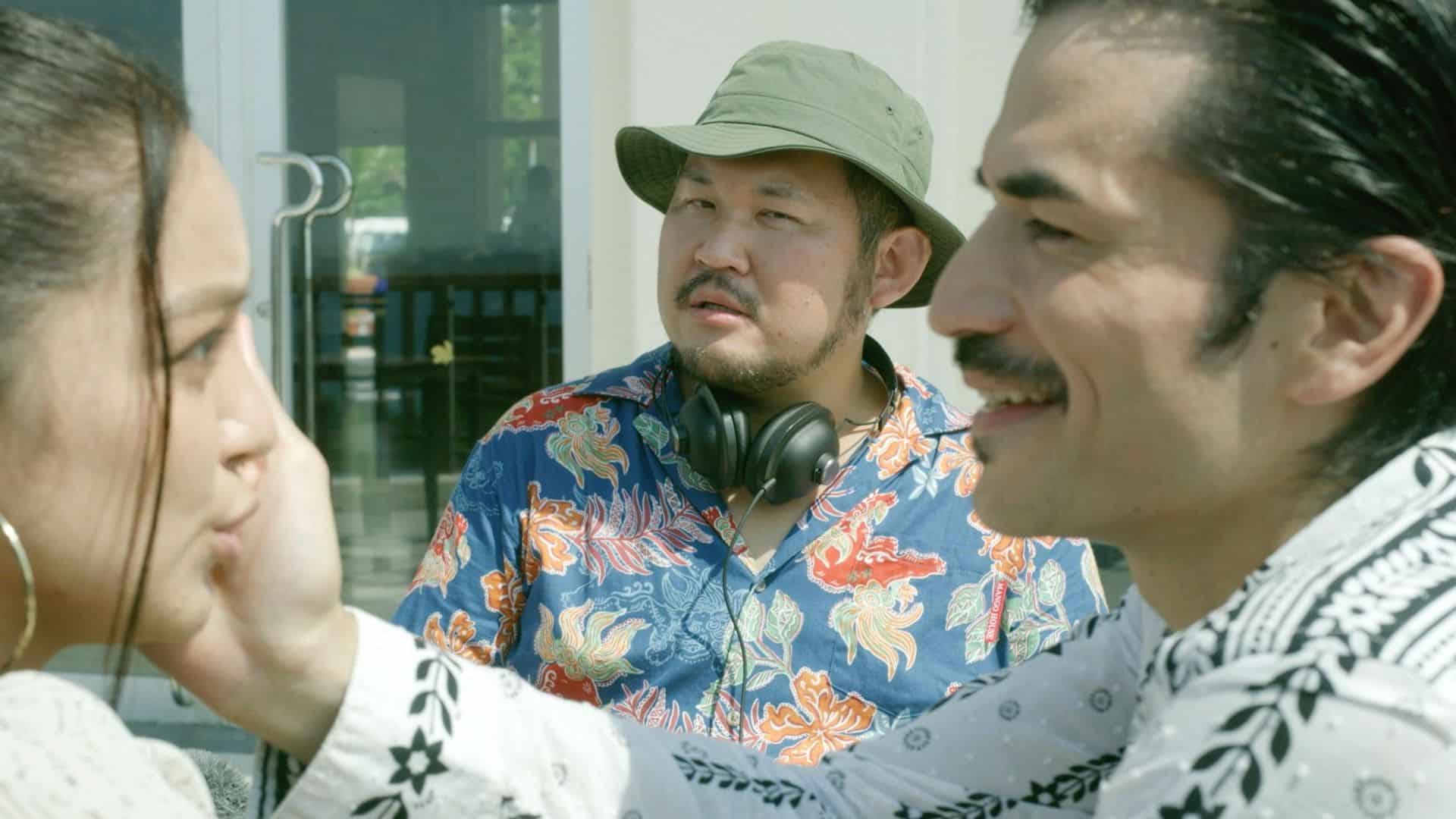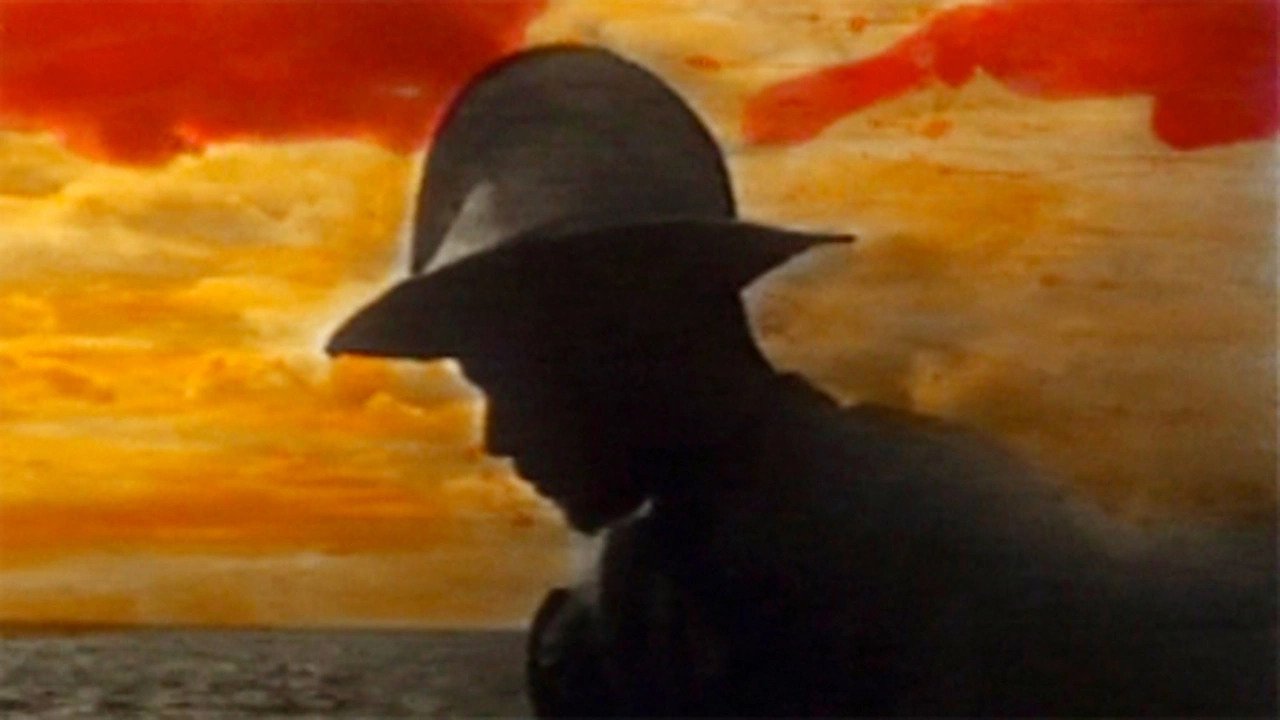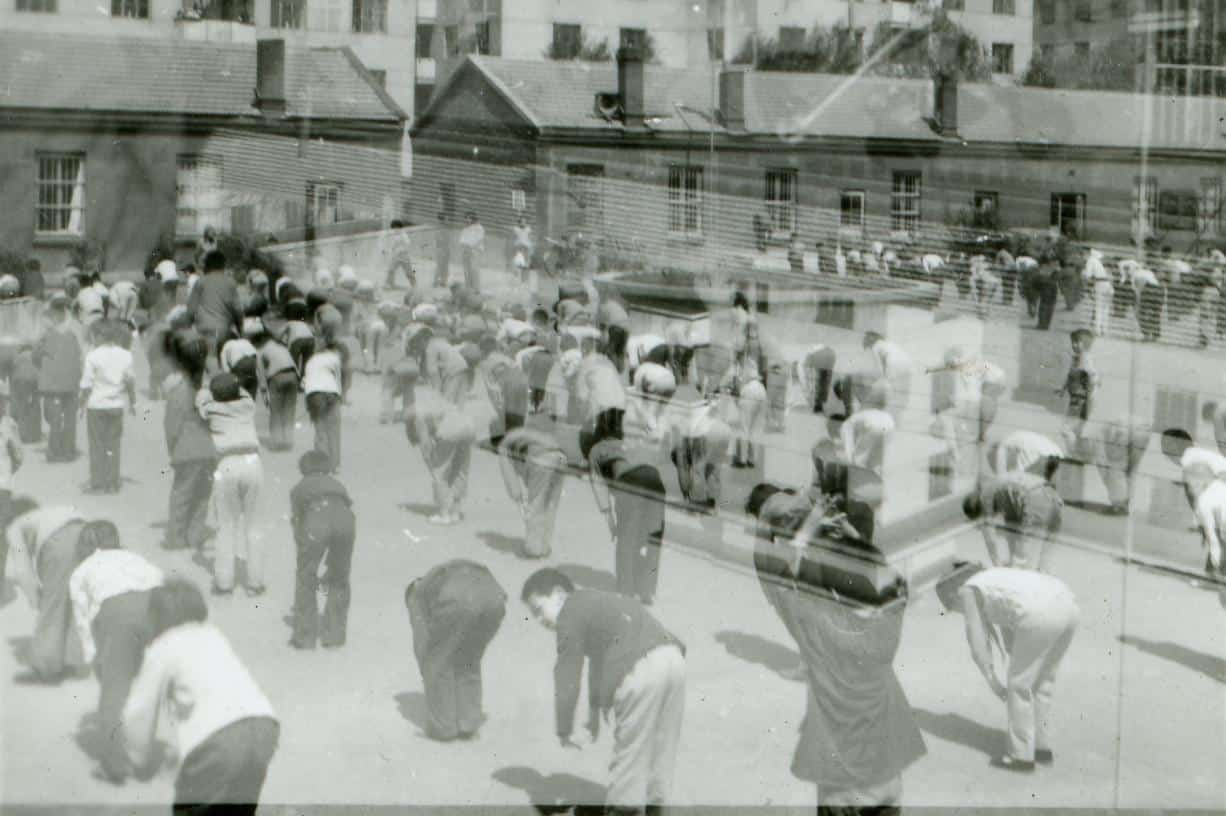Filmmaker Hideaki Anno is one of Japan's most imaginative and creative filmmakers working today. Whether it be his superb anime show “Neon Genesis Evangelion” or his excellent film “Shin Godzilla,” the auteur director has made a reputation for himself with his stylish filmmaking mixed with emotional storytelling and social commentary. Early on, Anno directed very grounded and haunting pieces of Japanese cinema but with touches of his usual insanity present throughout his work. His first live-action feature, “Love & Pop,” tells a powerful tale of the bond between a group of school girls and raises awareness of disturbing taboos within Japanese society. Following this, Anno would truly show his talents as a filmmaker in his intimate and beautiful film “Shiki-Jitsu.”
Buy This Title
on YesAsia
The title of the movie translates to “Ritual” or “Ceremonial Day.” The project would be produced by Studio Kajino, a subsidiary of the popular animation company Studio Ghibli. Anno and the team would also have a larger budget to work with compared to his previous feature. Adding to that, he has the narrative set in his hometown, the city of Ube, located in Yamaguchi Prefecture. The film would be based on the story “Tohimu,” written by Ayako Fujitani, who also stars in the movie. “Tohimu” is a story Fujitani based on her personal struggles and depression, something Anno has also frequently battled. Fujitani and Anno's emotional grapples would be inserted into the movie with the two main characters, who are like fictional versions of them in many respects. The vibrant art-house drama is an incredibly personal picture for the two of them. “Shiki-Jitsu” would earn critical acclaim and win an award for Best Artistic Contribution at the 13th International Film Festival in Tokyo.
The story is set over thirty-three days. A struggling filmmaker returns to his hometown and runs into a peculiar young woman. She frequently dresses in colorful outfits and regularly practices a ritual of celebrating her birthday every day. The ceremonial practice repeats with each passing day, with her saying, “Tomorrow is my birthday.” The two start to form a friendship, and as time passes, it becomes clear that the woman has lost her grip on reality. Her lifestyle is merely a coping mechanism for something darker, as she suffers from depression, loneliness, and suicidal thoughts. On top of that, she is damaged by her past, involving a toxic relationship with an abusive ex-lover and her relationship with her estranged mother. Through their struggles, the director and lead female help one another, overcome their inner demons and become better people. Eventually, a romance begins to blossom between the two.

At first glance, “Shiki-Jitsu” may seem like a heavy-handed romance story, but it is anything but that. The movie is quite raw and sad and, at times, heartbreaking. The feature displays human struggles people can go through while also reminding the audience that, ultimately, we are human. Dark topics are brought to the forefront with issues like unhealthy relationships, mental illness, suicidal ideation, severe depression, loneliness, family feuds, isolation, and feeling lost. It is sometimes uncomfortable to watch how real the interactions between the characters feel. Considering that Ayako Fujitani based much of her role on the real emotional pain she's experienced, it adds another level of sadness to her character. The same can be said for the director, as Anno, in real-life struggles with depression, which often intervened with his motivation as a director. Yet through all the sadness, there is hope. Also displayed in contrast with the dark subject matter are positive elements in the story, such as companionship, love, support, confronting past trauma, and overcoming emotional heaps. The two leads are likable and interesting to follow, and the bond the two share is touching. The connection between the main characters demonstrates how individuals can help one another, and through that help, how things can improve for the better.
The acting in the film is excellent. Ayako Fujitani gives a fantastic performance as the woman, bringing a wide range of emotions to her character, making her feel all the more real. Filmmaker Shunji Iwai, in his only acting role to date, gives a solid performance as the director, in a very reserved but emotionally vulnerable role. Fujitani and Iwai play off each other very well. Sprinkled throughout the movie is effective inner narration from the two main characters provided by character actor Suzuki Matsuo and renowned voice actress Megumi Hayashibara. The supporting players also deliver solid work. Jun Murakami nails his role as the despicable ex-lover, capturing a disturbingly realistic portrayal of toxic romance. When she's featured in the picture, Shinobu Otake effectively plays the mother of the lead female.
Aesthetically, the film is gorgeous. Anno's mise-en-scene is on-point with stunning set pieces, superb editing, and excellent cinematography by Yuichi Nagata. The sequences in which Shunji Iwai's character shoots with his camera have a very real documentary feel to them. There is also plenty of variety and creativity in the costume department with the various outfits the lead female wears throughout the story. Touches of insanity are added with exaggerated moments, utilizing special effects to capture the woman's mindset during her lowest points. Adding to all of this, Takashi Kako composes an elegant music score for the movie. The end credits song “Raining” sung by Cocco is also very nice on the ears.
Well-acted and visually striking, “Ritual” is a wonderful film that powerfully captures the feeling of loneliness and overcoming personal struggles in a unique and artful style. The movie reminds us that we can be flawed and face darkness in our lives, but we are human and can grow and become better people. Ayako Fujitani would garner a ton of praise for her role in the film and go on to act in various international movie projects such as “Man from Reno,” directed by Dave Boyle, and “I Will Make You Mine,” directed by Lynn Chen. Hideaki Anno would go on to finally conclude his long-running anime franchise and work on adapting tokusatsu properties he grew up loving. He recently produced and wrote the screenplay for “Shin Ultraman,” directed by Shinji Higuchi. “Shiki-Jitsu,” in many respects, predicts and reflects the healing paths the movie's director and lead actress would take in the future.


